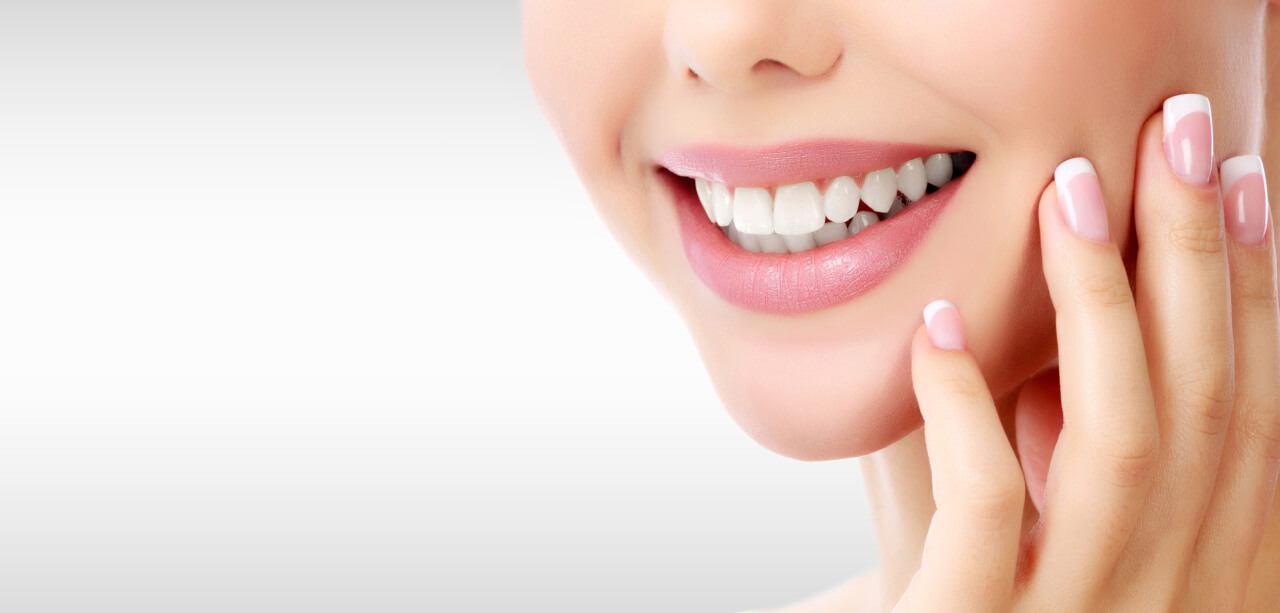Baby Gums Bleeding

Bleeding from a baby’s gums can be a worrisome sight for parents, triggering concerns about their child’s health and well-being. This phenomenon, while often alarming, is relatively common and can be caused by a variety of factors. Understanding the reasons behind baby gum bleeding is crucial for addressing the issue effectively and providing appropriate care.
One of the primary causes of bleeding gums in babies is the eruption of teeth. Teething is a natural process that starts when babies are around six months old, although it can begin earlier or later. As teeth push through the gums, they can cause irritation, leading to inflammation and bleeding. This process can continue until all the primary teeth have erupted, usually by the time the child is about three years old.
Another reason for bleeding gums could be the presence of an oral infection. Although less common in infants due to their limited exposure to bacteria, infections can occur, especially if good oral hygiene practices are not followed. For instance, not cleaning a baby’s mouth regularly can lead to the accumulation of bacteria, potentially causing gum inflammation (gingivitis) that may result in bleeding.
Gums can also become irritated and bleed due to mechanical trauma. Babies often explore their environment by mouth, and this can result in accidental bites or hard objects coming into contact with the gums. Additionally, overly vigorous cleaning of the gums with a washcloth or the introduction of a toothbrush too early or with too much force can also irritate the gums, leading to bleeding.
In some cases, bleeding gums in babies might be an indication of a more underlying health issue. For example, bleeding disorders, such as hemophilia, or vitamin deficiencies (like vitamin K deficiency) could manifest with gum bleeding among other symptoms. However, these conditions are relatively rare and would typically be accompanied by other signs of illness.
If a baby’s gums are bleeding, it’s essential for parents to remain calm and take steps to identify and address the underlying cause. Ensuring good oral hygiene from an early age is key. Gently wiping the baby’s gums with a soft, clean cloth after feedings can help remove bacteria and food particles. Once teeth begin to erupt, introducing a soft-bristled toothbrush with a small head and gentle cleansing motions can help maintain oral health.
For teething pain that may accompany gum bleeding, various soothing methods can be tried, such as providing teething toys or a cold, wet washcloth for the baby to chew on. Topical anesthetics like Orajel are available but should be used with caution and under the guidance of a healthcare provider, as they can pose risks if not used correctly.
If the bleeding is heavy, persistent, or accompanied by other symptoms such as fever, refusal to feed, or excessive fussiness, it’s crucial to consult with a pediatrician or a pediatric dentist. They can assess the baby’s overall health, provide guidance on oral care, and rule out any underlying serious conditions that may require medical intervention.
In conclusion, while baby gum bleeding can be concerning, it often stems from natural and common causes such as teething. By practicing good oral hygiene, being mindful of potential irritants, and seeking professional advice when necessary, parents can help ensure their baby’s oral health and address any concerns they may have.
Is it normal for a baby's gums to bleed during teething?
+Yes, it is relatively normal for a baby's gums to bleed slightly during teething due to the pressure of the tooth erupting through the gum. However, if the bleeding is heavy or persistent, it's best to consult with a pediatrician or dentist.
How can I soothe my baby's gums if they are bleeding and sore from teething?
+Offering a cold, wet washcloth or teething toys can help soothe the gums. Additionally, gently rubbing the gums with your finger can provide relief. For more severe cases, consult with a healthcare provider about the use of topical anesthetics.
When should I start cleaning my baby's teeth, and how should I do it?
+Start cleaning your baby's mouth with a soft cloth even before the first tooth appears, after feedings. Once the first tooth erupts, switch to a soft-bristled toothbrush with a small head, using gentle motions and a smear of fluoride toothpaste (about the size of a grain of rice) until they are about three years old, then you can use a pea-sized amount.
By understanding the causes and taking appropriate measures, parents can help their babies navigate teething and other oral health challenges effectively, setting the stage for a lifetime of healthy gums and teeth.

